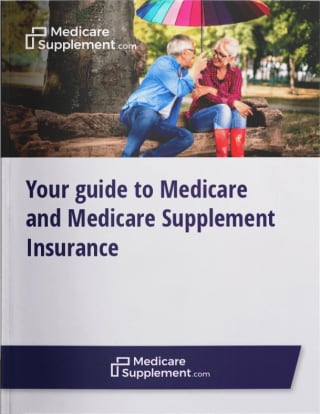As of 2023 (the most recent data available), 12.50 million Americans were dual eligible beneficiaries of Medicare and Medicaid. This equals over 20% of the total Medicare population in that year.1
Medicare is the federally-administered health insurance program for people age 65 and over and people with qualifying disabilities.
Medicaid is a health insurance program for people with limited financial resources that is administered both by federal and state governments.
People who qualify for both Medicare and Medicaid benefits are “dual eligible” beneficiaries.
Who Is Dual Eligible Medicare and Medicaid in 2026?
If you meet the required qualifications for Medicare and Medicaid in 2026, you may be dual eligible.
To qualify for Medicare enrollment, you must be:
Because Medicare is a federal program, the standards for eligibility are the same everywhere in the U.S.
Medicaid is a state-run program, and each state may have its own rules for eligibility. If you have income or assets that under a certain amount that is determined by your state, you may be eligible for Medicaid in 2026.
Assets counted toward Medicaid eligibility can include things like money in savings accounts, stocks, real estate and vehicles. Visit your state’s Medicaid website to find out if you qualify.
Full Dual Eligible vs. Partial Dual Eligible
People who qualify for both Medicare and Medicaid can be split into two different categories: full dual eligible and partial dual eligible.
-
A beneficiary who is enrolled in Medicare and receives full Medicaid benefits is full dual eligible.
-
A beneficiary who is partial dual eligible does not receive full Medicaid benefits. The benefits received from Medicaid are used to help pay for certain Medicare costs they may face, such as premiums or copays.



